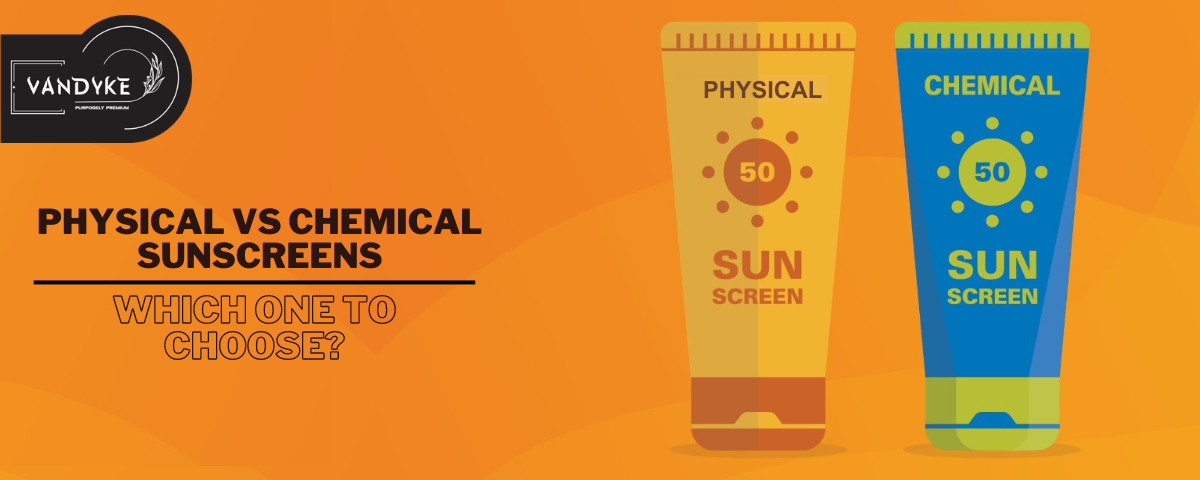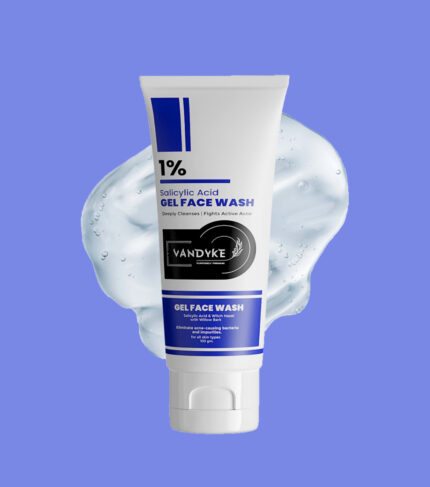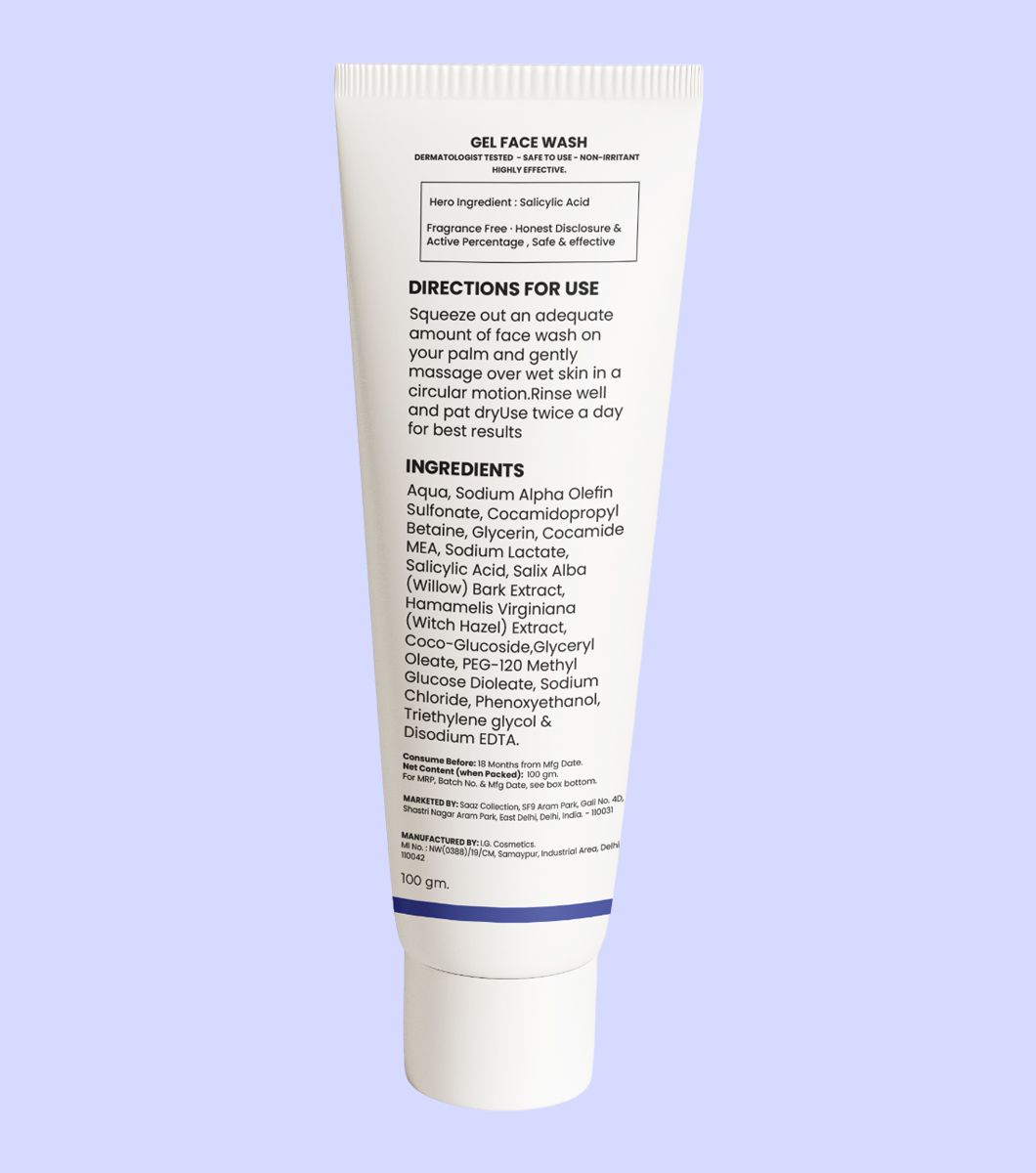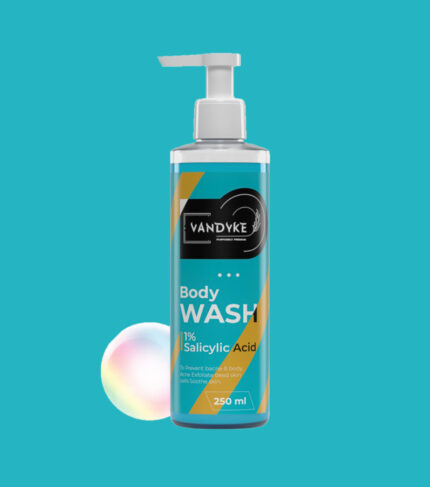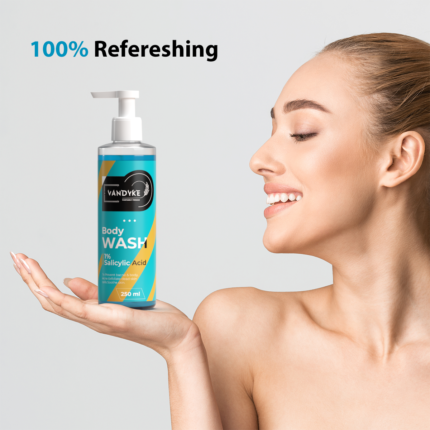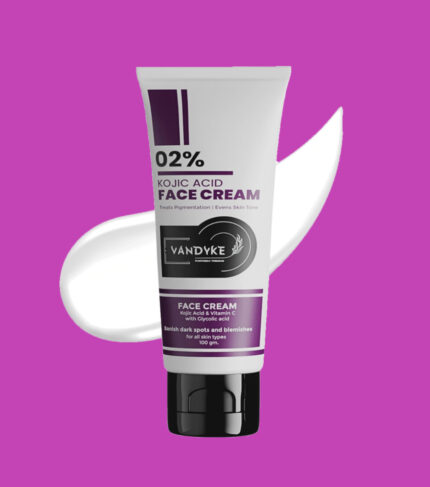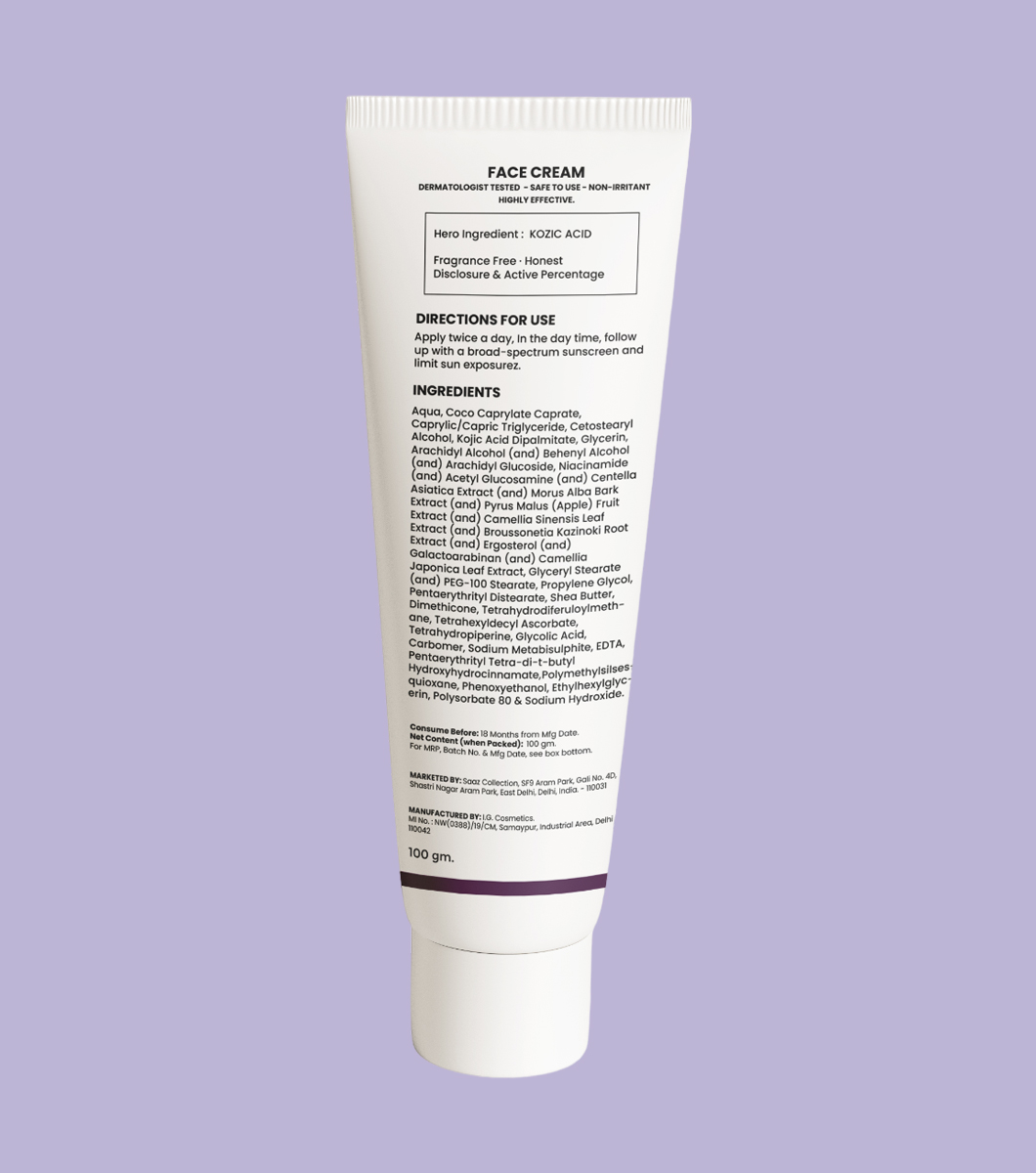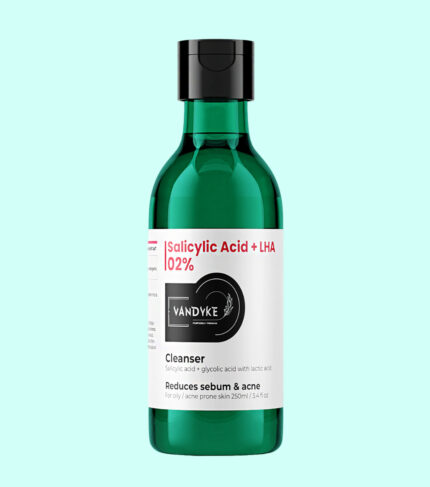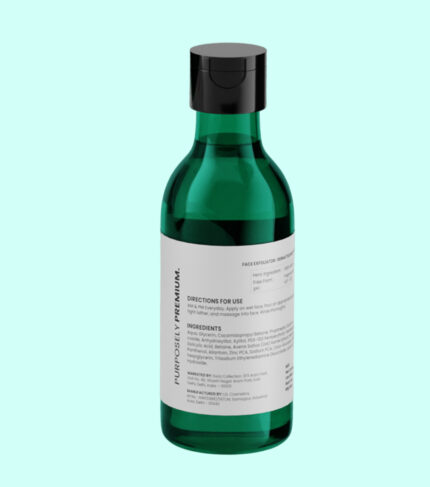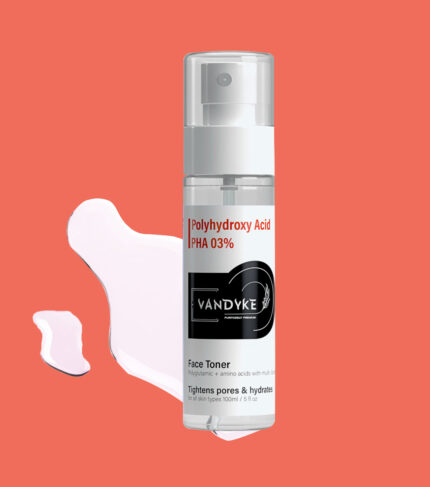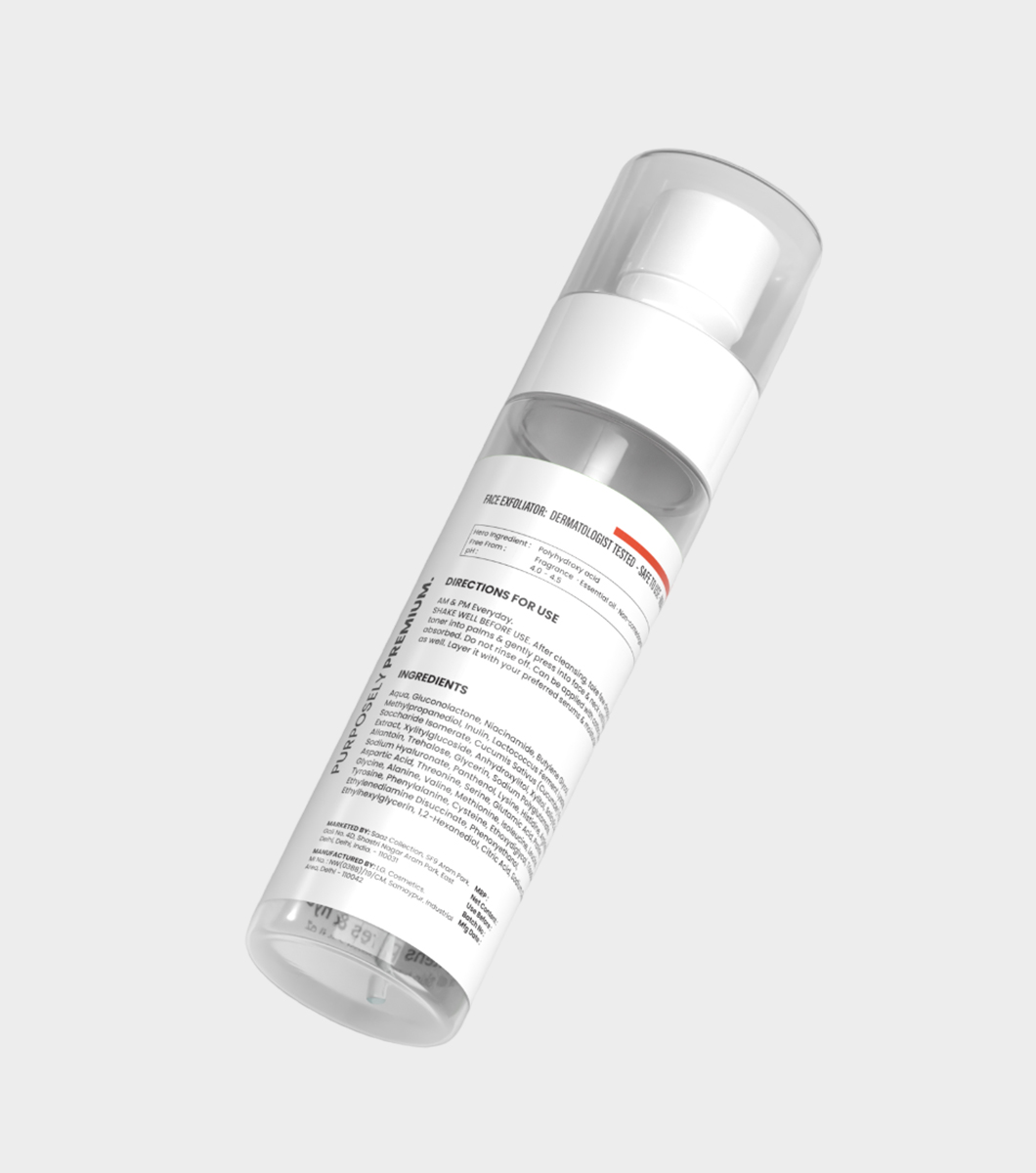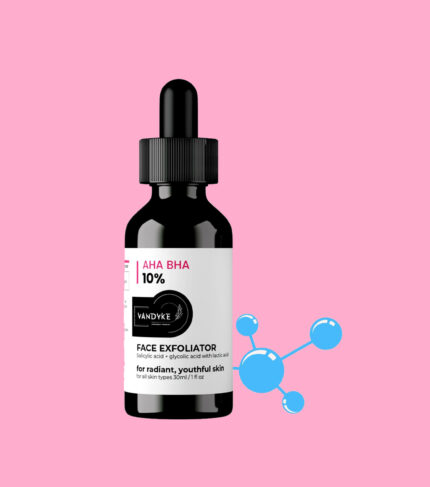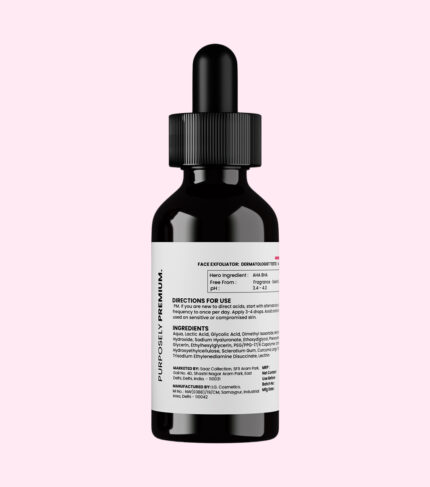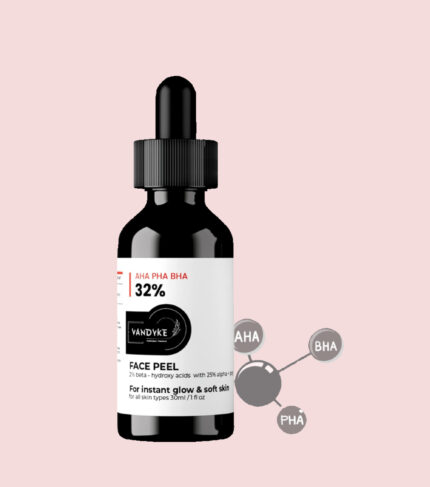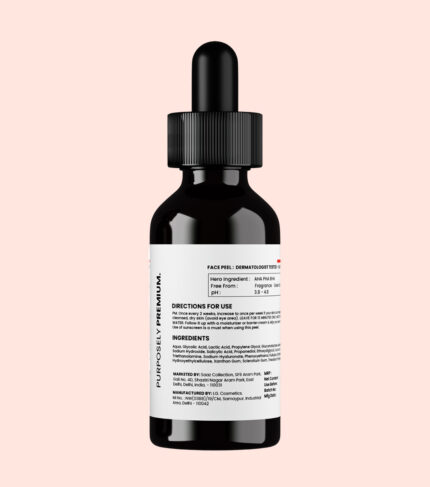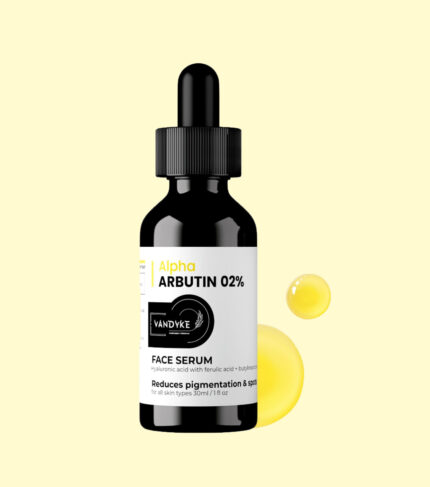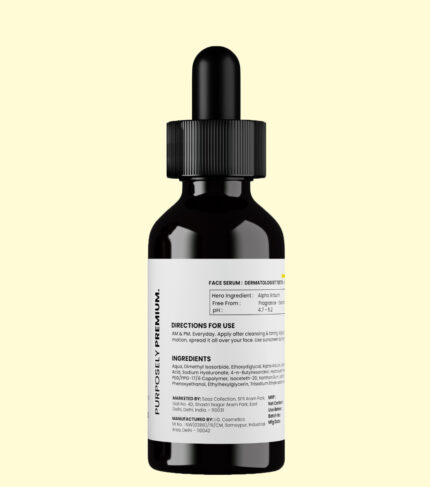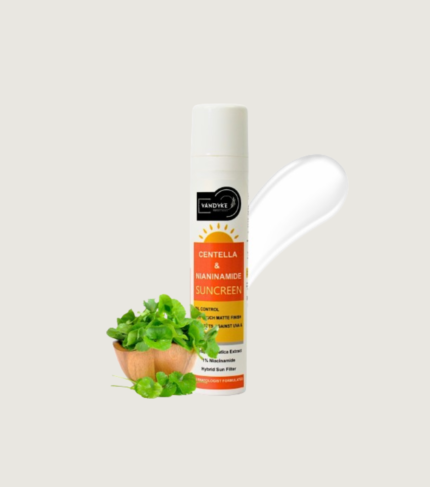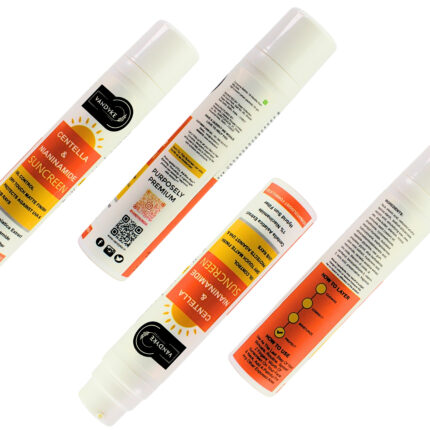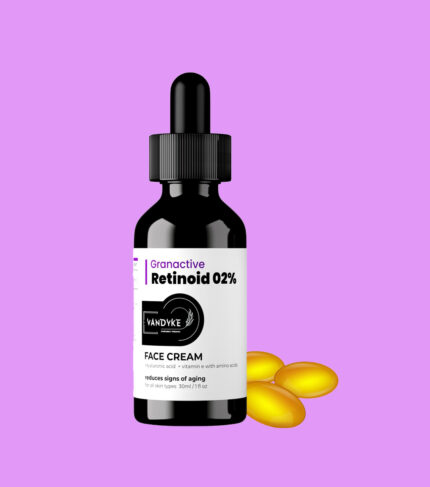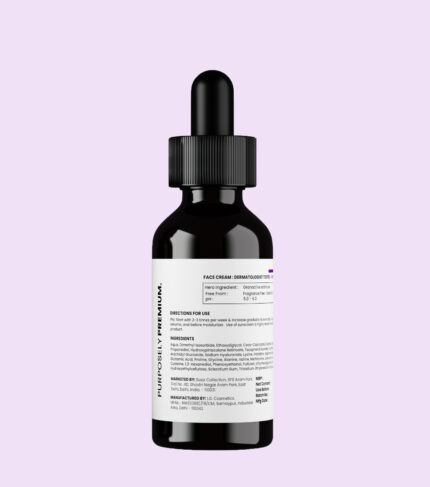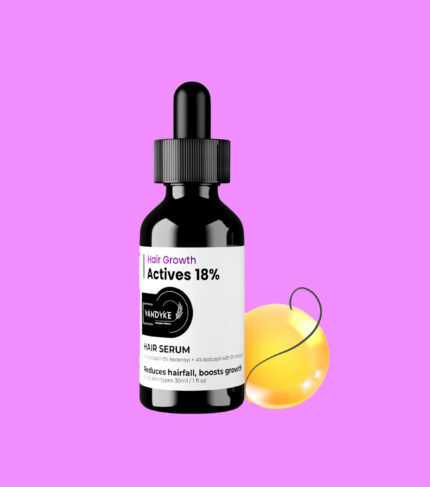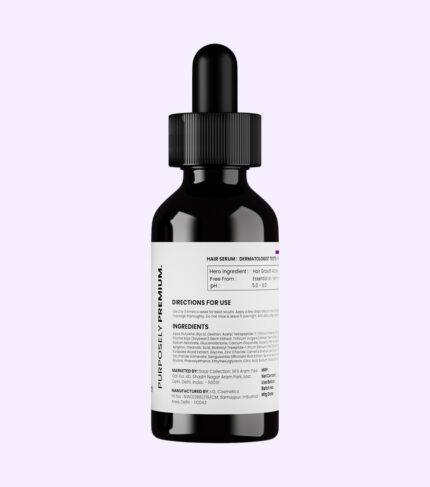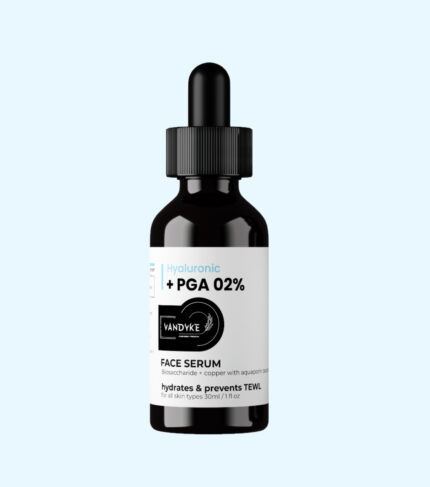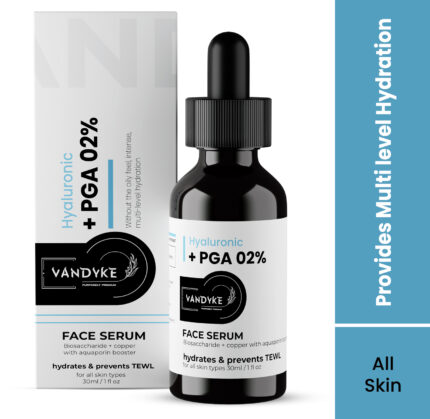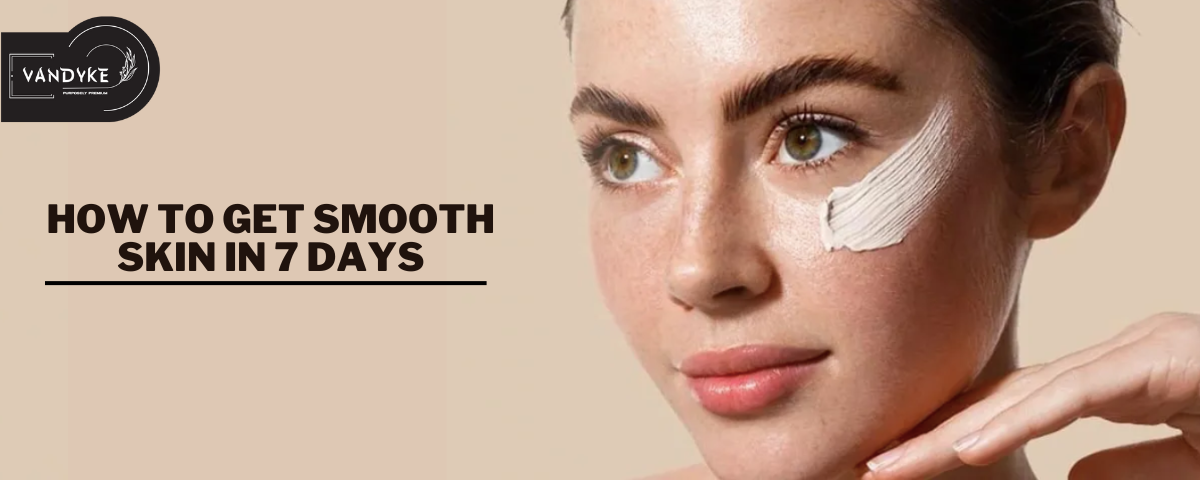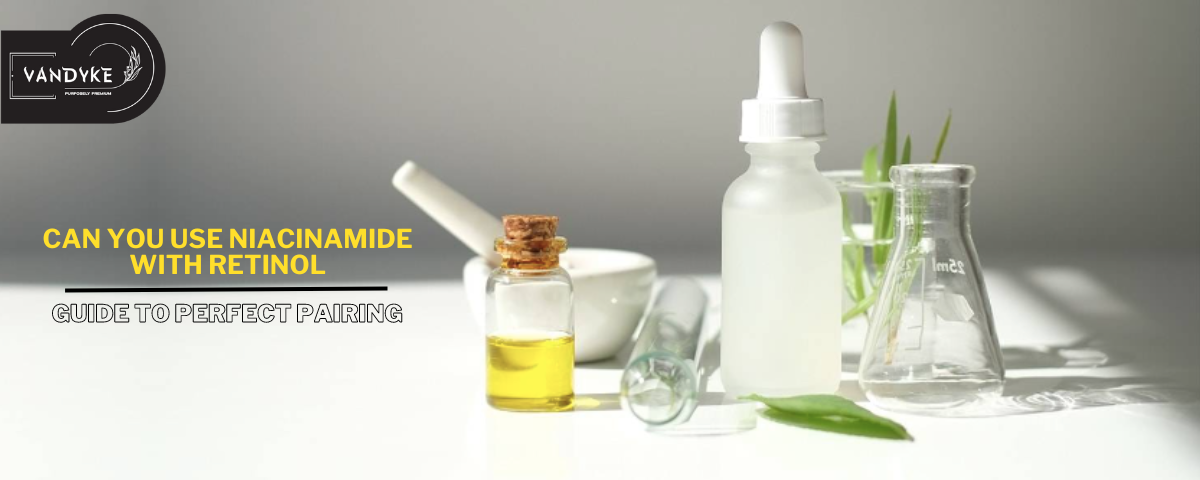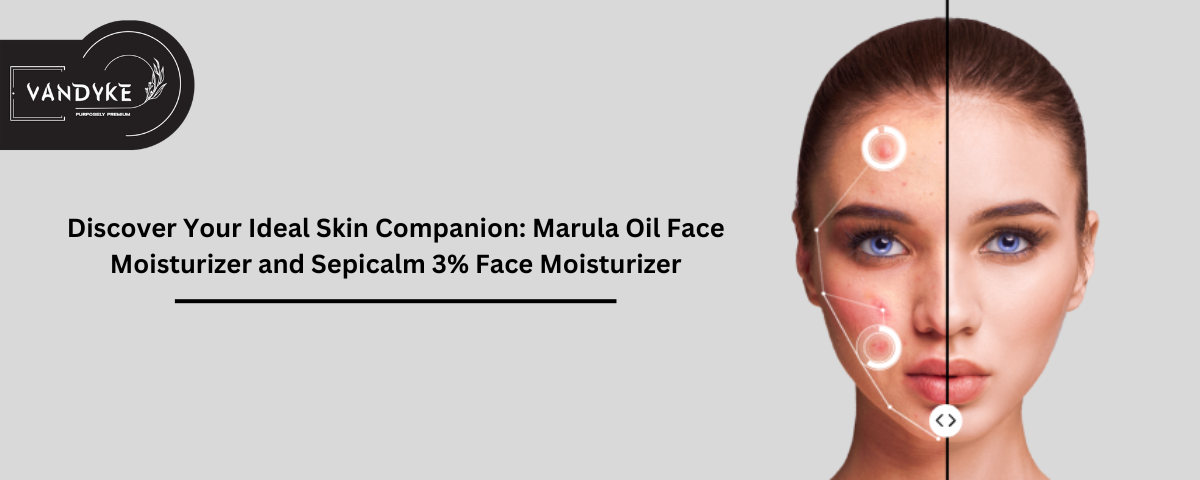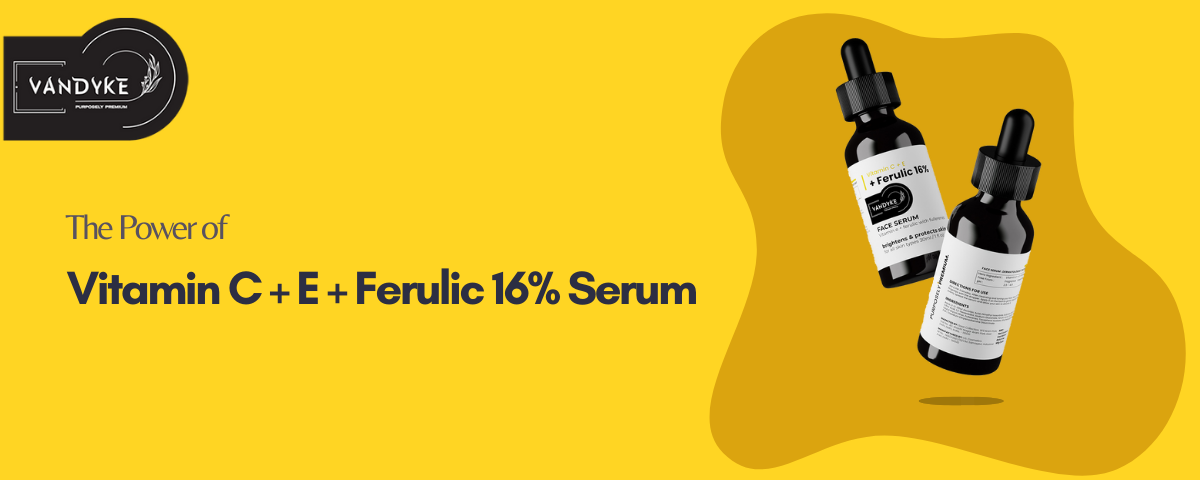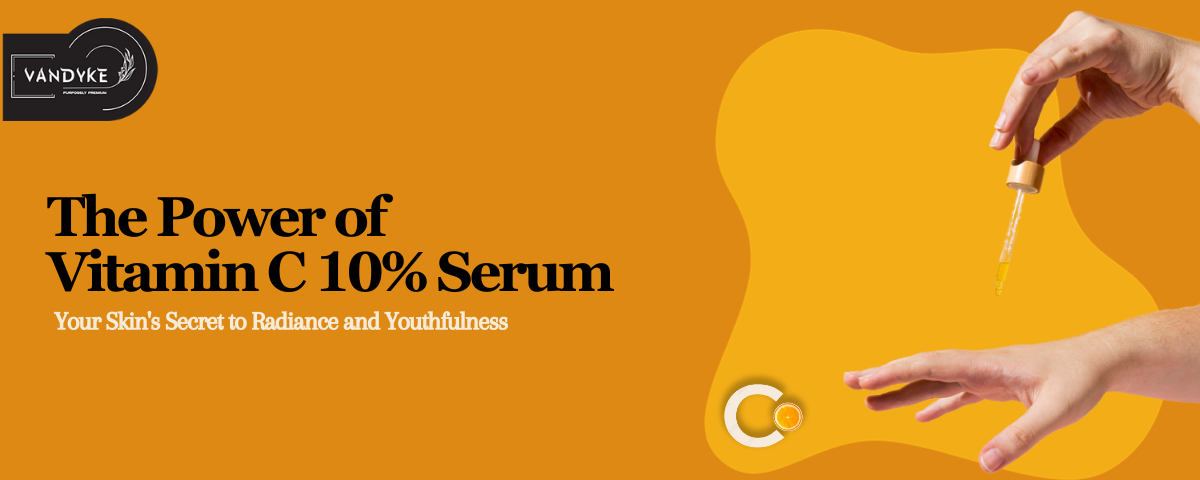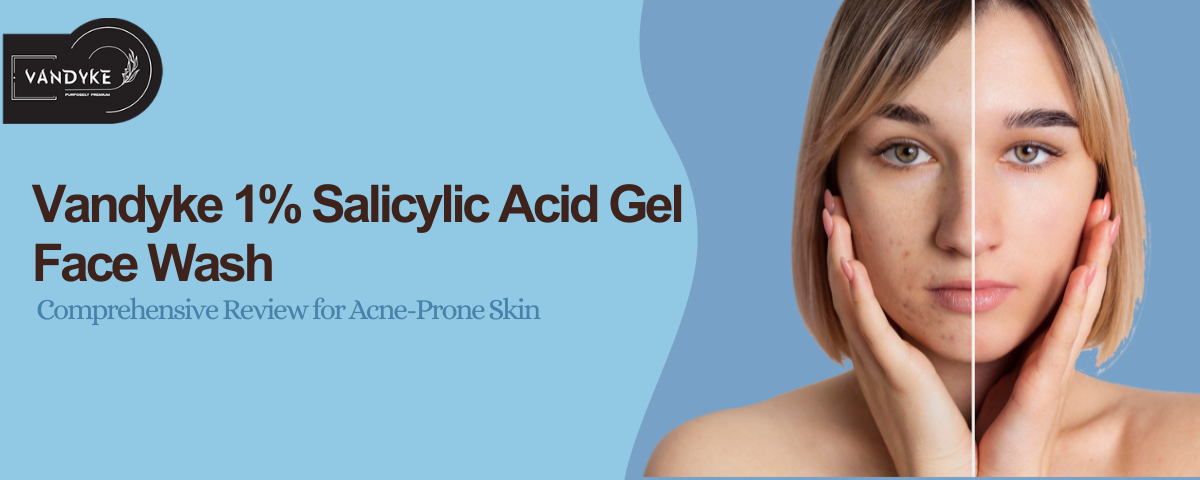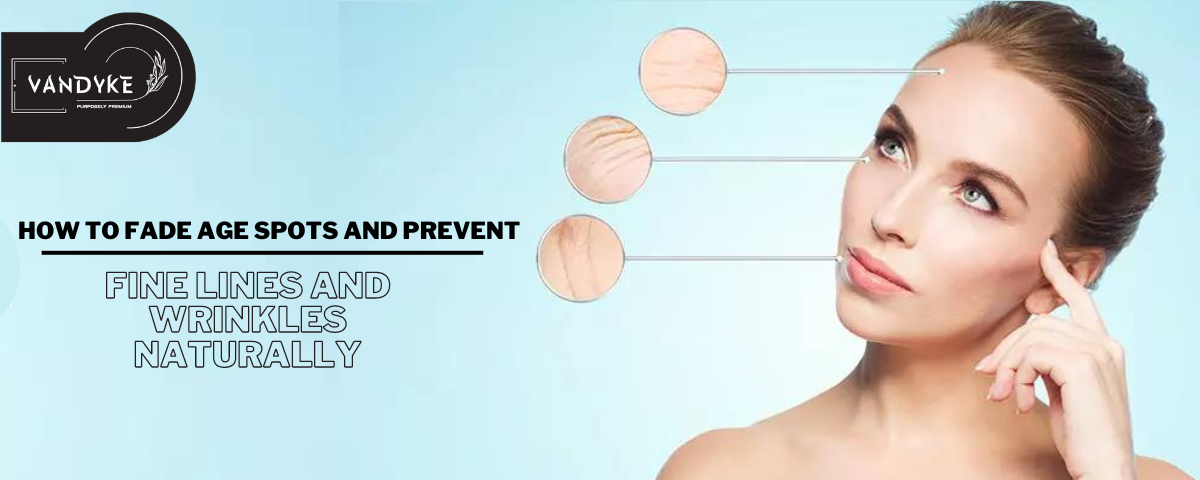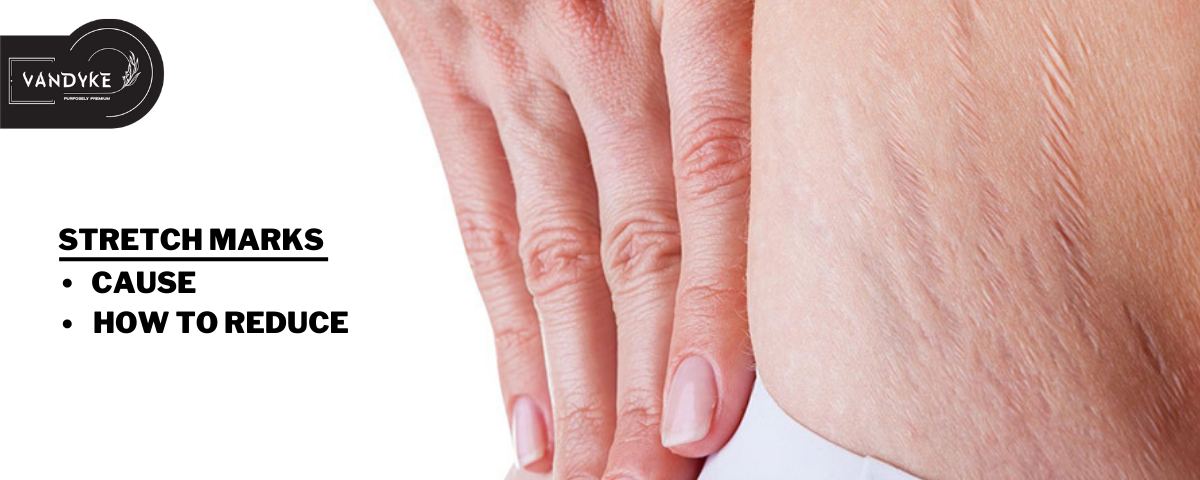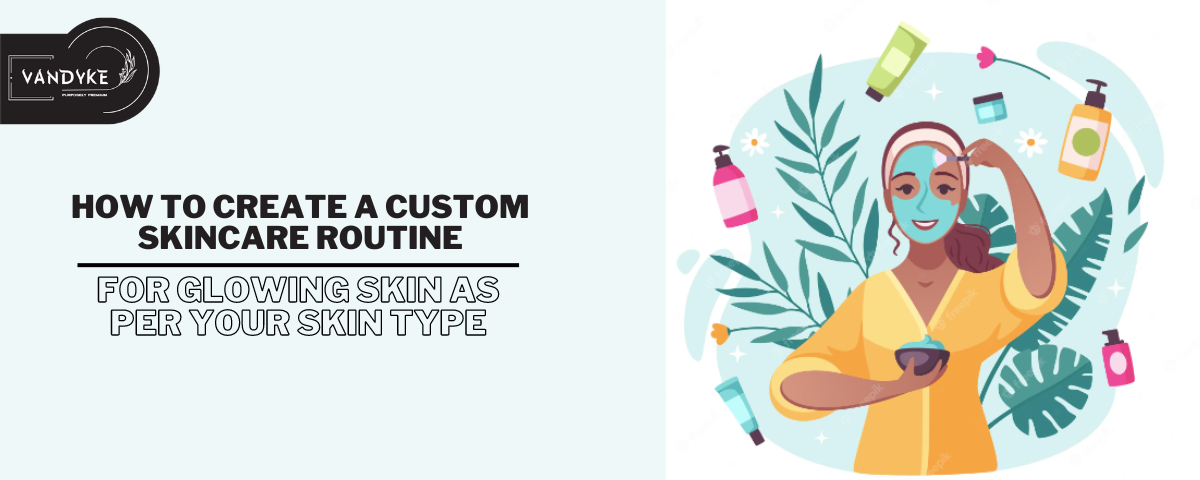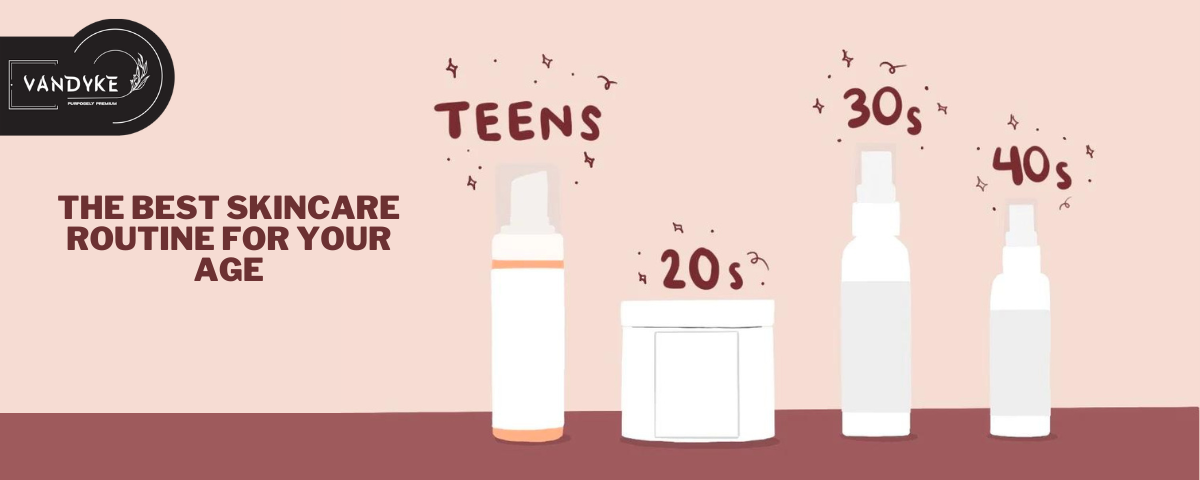Physical vs Chemical Sunscreens Which One to Choose?
Physical vs Chemical Sunscreens: When it comes to skincare, one topic that often leaves people confused is physical vs chemical sunscreen. Which one will be the best for you? With so many products available on the market, it can be overwhelming to determine which type of sunscreen is best for your skin. In this blog post, vandyke will dive deep into the world of sun protection and break down the differences between physical and chemical sunscreens. So, whether you’re a skincare novice or a seasoned expert, read on to learn everything you need to know!
What is sunscreen?
To understand which sunscreen is better for you physical vs chemical sunscreen you first need to understand what sunscreen is? Sunscreen is a protective skincare product designed to safeguard your skin from the sun’s harmful ultraviolet (UV) rays, which can lead to your skin many complications such as
- sunburn
- premature aging
- skin cancer.
It contains UV filters, either chemical or physical, that absorb or block these rays. Beyond UV protection, modern sunscreens often include beneficial ingredients like antioxidants like Vandyke Vitamin C 10% and moisturizers like Vandyke 10% Vitamin B5 Moisturizers.
Wearing sunscreen daily is essential for maintaining healthy, youthful skin and preventing sun damage, regardless of the weather or season.
- Here are some of the benefits you can get after using SPF 50 sunscreen-
- Protects from the sun’s harmful UV rays.
- Reduces risk of skin cancer.
- Prevents premature aging.
- Improves skin appearance.
- Safe for all ages.
Physical Sunscreen: The Physical Barrier
What is Physical Sunscreen?
Physical sunscreen, often referred to as mineral sunscreen, operates as a protective shield for your skin against the sun’s harmful rays. In essence, it comprises active mineral components, such as
- zinc oxide
- titanium dioxide,
which function by forming a physical barrier on the skin’s surface. This barrier acts as a reliable defense mechanism, either reflecting or diffusing the incoming ultraviolet (UV) radiation, thus preventing it from penetrating and causing potential harm to your skin. In simple terms, physical sunscreen creates a robust armor that works to safeguard your skin from the sun’s damaging effects.
How Does Physical Sunscreen Work?
To know the physical vs chemical sunscreen which one is better you will first understand how physical sunscreen works. Physical sunscreen relies on the presence of mineral particles to create a robust protective barrier on the skin’s surface. This barrier serves as a formidable defense against the harmful effects of the sun, effectively intercepting and dispersing both UVA and UVB rays. By doing so, it acts as a resilient shield, meticulously warding off the sun’s potentially damaging rays from permeating the skin.
The Benefits of Physical Sunscreen
To know the physical vs chemical sunscreen which one is better you will first understand what are the benefits of using physical sunscreen. Physical sunscreen boasts several noteworthy advantages, making it a preferred choice for sun protection.
- Firstly, it offers comprehensive broad-spectrum defense, effectively safeguarding your skin against the full spectrum of damaging UVA and UVB rays. What sets it apart is its rapid action; the moment it is applied, it immediately commences its protective duty.
- Secondly, physical sunscreen exhibits a gentler touch on your skin. Unlike chemical sunscreens, it refrains from penetrating the skin’s deeper layers, thereby reducing the likelihood of skin irritation or unsightly breakouts. This quality makes it particularly suitable for individuals with sensitive skin.
- And lastly, Another compelling feature is its extended shelf life when compared to its chemical counterparts. Physical sunscreen remains stable and effective for a longer duration, ensuring you get consistent sun protection throughout its lifespan.
Tips for Using Physical Sunscreen
To ensure effective protection, it is crucial to apply physical sunscreen generously, covering all exposed areas of your skin. Since it forms a visible barrier on the skin, it is essential to blend it evenly to avoid a white cast. Physical sunscreen is a great choice for those with sensitive skin or anyone looking for immediate protection.
Chemical Sunscreens: Sun Protection at the Molecular Level
What is Chemical Sunscreen?
In physical vs chemical sunscreen, chemical sunscreens operate through a different mechanism. Within these sunscreens are organic (carbon-based) compounds that play a pivotal role in the protection process. These compounds function by absorbing the incoming UV radiation and subsequently converting it into heat energy. This generated heat is then dissipated from the skin, effectively neutralizing the harmful effects of the UV rays. This absorption and conversion mechanism make chemical sunscreens distinct from their physical counterparts, which create a physical barrier to block or scatter UV radiation.
How Does Chemical Sunscreen Work?
Chemical sunscreens contain active ingredients such as
- Avobenzone,
- Oxybenzone,
- Octinoxate
that work by penetrating the skin and absorbing UV rays. These ingredients undergo a chemical reaction when exposed to UV light, converting the UV energy into non-harmful heat.
The Benefits of Chemical Sunscreen
Chemical sunscreen stands out for its excellent cosmetic appeal, making it a preferred option for daily sun protection. Its fluid nature allows for easy and even application, resulting in a more cosmetically elegant finish. This characteristic has contributed to its popularity as an everyday choice.
Furthermore, chemical sunscreen doesn’t compromise on protection; it still delivers comprehensive broad-spectrum coverage against both UVA and UVB rays. Its effectiveness extends to various activities, as it boasts water-resistant properties. This quality renders it particularly suitable for outdoor pursuits like swimming and exercise, where prolonged exposure to water or sweat demands a sunscreen that can withstand such conditions.
Vandyke has its own chemical sunscreen named Vandyke SPF 50 Sunscreen.
Tips for Using Chemical Sunscreen
To ensure proper protection, apply vandyke SPF 50 sunscreen (chemical sunscreen) at least 15-30 minutes before sun exposure to allow for absorption into the skin. It is important to reapply regularly, especially after swimming or excessive sweating. Chemical sunscreen is generally suitable for all skin types, but individuals with sensitive skin should be cautious and opt for a formulation that is gentle and non-irritating.
If you are looking for good SPF 50 sunscreen. So Vandyke has Vandyke SPF 50 sunscreen for full protection from the sun’s harmful rays.
Physical vs. Chemical Sunscreens: Weighing the Pros and Cons
Physical Sunscreen Pros:
- Offers immediate protection upon application
- Ideal for individuals with sensitive or reactive skin
- Provides a physical barrier that prevents UV radiation from penetrating the skin
- Longer shelf life compared to chemical sunscreens
Physical Sunscreen Cons:
- May cause a white cast to appear on the skin.
- Can feel heavier or thicker in texture
- Requires more frequent reapplication, especially after sweating or swimming
Chemical Sunscreen Pros:
- Spreads easily on the skin and feels lightweight
- Quickly absorbs and does not produce a white cast
- Broad-spectrum UVA and UVB radiation protection is provided.
- Often more resistant to water and sweat
Chemical Sunscreen Cons:
- Requires approximately 15-30 minutes of absorption time before sun exposure
- Potential for allergic responses or skin rashes in those with sensitive skin
- May have a shorter shelf life compared to physical sunscreens
Additional Factors to Consider
- Skin Type and Sensitivity
Physical sunscreen may be better suited for people with sensitive or reactive skin since it is less prone to irritate or produce redness. It’s crucial to keep in mind that not all chemical sunscreens can cause skin problems, and several companies now provide moderate formulas made especially for skin that is sensitive. Just like vandyke SPF 50 sunscreen.
- Cosmetic Considerations
If you prefer a lightweight, invisible finish or want to wear sunscreen under makeup, chemical sunscreen may be more appealing. The formulation of chemical sunscreens is often lighter and more easily absorbed by the skin, making it a desirable choice for everyday use.
Environmental Impact and Regulations
It is worth considering the impact of sunscreen on the environment, especially if you spend a lot of time swimming in oceans or other bodies of water. Oxybenzone and octinoxate, two chemical sunscreen chemicals, have been connected to the destruction of coral reefs. Opting for physical sunscreen or a reef-safe chemical sunscreen can help minimize your environmental footprint.
Conclusion
Whether you choose physical or chemical sunscreen, the most crucial thing is to prioritize sun protection in your skincare routine. Both types offer effective protection against harmful UV rays, so it ultimately comes down to personal preference, skin type, and lifestyle.
Remember to apply sunscreen generously and regularly, regardless of the type you choose. Look for SPF 50 sunscreen, and don’t forget to cover commonly overlooked areas such as the ears, back of the neck, and hands. And of course, always seek shade, wear protective clothing, and avoid prolonged sun exposure during peak hours.
And for the SPF 50 sunscreen you can choose vandyke SPF 50 Sunscreen, with the goodness of multi vitamin for complete protection of your skin.
FAQs (Physical Vs Chemical Sunscreens)
What is the primary purpose of sunscreen?
Sunscreen’s primary purpose is to protect the skin from the harmful effects of the sun’s ultraviolet (UV) radiation, including sunburn, premature aging, and the risk of skin cancer.
What are the main types of sunscreen?
Sunscreens are either chemical or physical. Chemical filters absorb UV rays and convert them into heat, while physically creating a barrier on the skin’s surface to block or reflect UV rays.
Which is better: physical or chemical sunscreen?
The choice between physical and chemical sunscreen depends on personal preference, skin type, and lifestyle. Physical sunscreen is suitable for sensitive skin and offers immediate protection, while chemical sunscreen often has a more cosmetically elegant finish and is water-resistant.
How do physical sunscreens work?
Physical sunscreens work by forming a protective barrier on the skin’s surface, either reflecting or diffusing UV radiation to prevent it from penetrating the skin.
How do chemical sunscreens work?
Chemical sunscreens contain organic compounds that absorb UV rays and convert them into heat energy, which is then dissipated from the skin.
Is there a difference between UVA and UVB rays, and do sunscreens protect against both?
Yes, there is a difference. UVA rays cause premature aging, while UVB rays cause sunburn and can lead to skin cancer. Both physical and chemical sunscreens can protect against both types of UV rays when labeled as broad-spectrum.
Can sunscreen be used every day, even on cloudy days?
Yes, sunscreen should be applied daily, regardless of the weather or season, as UV rays can still penetrate clouds and cause skin damage.
How often should sunscreen be reapplied?
Sunscreen should be reapplied every two hours, or more frequently if swimming or sweating, to maintain its effectiveness.
What SPF level is recommended for sunscreen?
SPF 50 sunscreen is often recommended for adequate protection, but higher SPF levels can provide even more protection for extended sun exposure.
Can I use makeup over sunscreen?
Yes, makeup can be applied over sunscreen. Many sunscreens are formulated to be suitable as a base for makeup.
Can I use sunscreen on my children?
Yes, there are sunscreens specifically formulated for children. It’s important to choose a sunscreen that is labeled as safe for kids and provides broad-spectrum protection.
Can I use sunscreen on sensitive or acne-prone skin?
Yes, there are sunscreens formulated for sensitive and acne-prone skin. Look for products labeled as non-comedogenic and suitable for sensitive skin.
For non-comedogenic products vandyke has vandyke SPF 50 sunscreen that can be used by sensitive and acne prone skin.
Use vandyke skin care products and vandyke skin care tips because we make our products
“Purposely premium”

